Airmid Institute’s webinars feature topics focused on sustainability and conservation of medicinal and aromatic plants, and animal products used in aromatherapy, perfumery, aromatic herbalism, and on the traditional use of medicine in Indigenous communities.
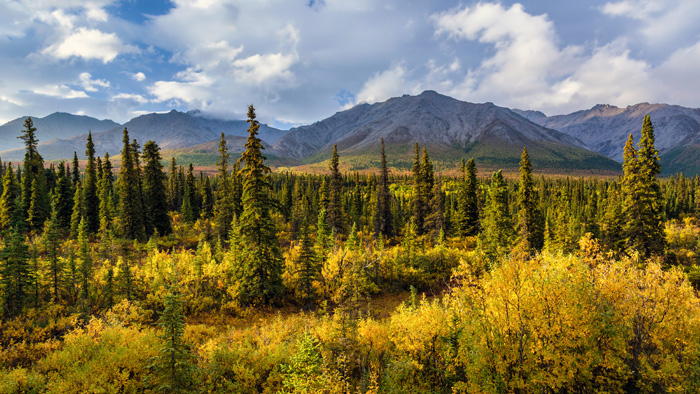
How This Works
Upon purchase of a webinar, the link and password to the video will be emailed to you. If you’ve purchased an upcoming webinar we will send you an invitation to attend the live event, and the link and password to the video when the recording is ready.

Consider Becoming a Member!
Airmid members have free and unlimited access to all live webinars, recorded webinars and other benefits. Learn more here! Thank you for your support and please let us know if you have any questions!
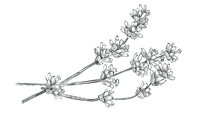
Upcoming Events
Coming Soon!
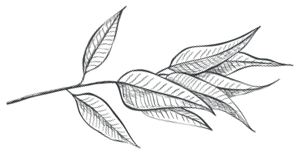
Past Events
May 6, 2025
Ancient Teaching and Wisdom From Our Plant Relatives
Time: 10:30 AM PT
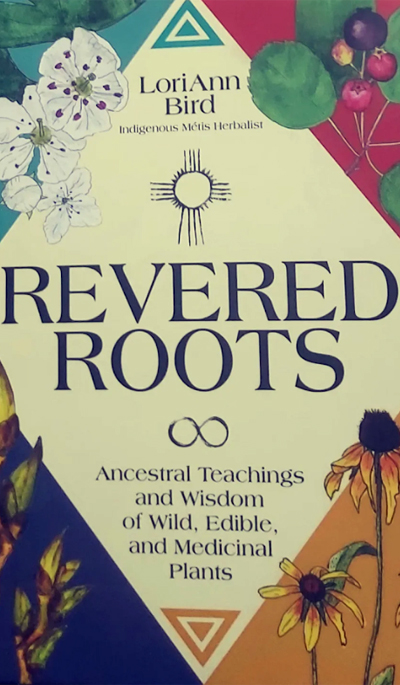
Presenter:
LoriAnn Bird
Cost
$40 USD
Webinar Summary:
Join Airmid Institute for a special webinar titled Ancient Teaching and Wisdom From Our Plant Relatives with LoriAnn Bird, Indigenous Métis Herbalist and author of Revered Roots, as she shares ancestral teachings and wisdom from our plant relatives.
Explore remembering and reclaiming kinship with all that exists. Like the Medicine Wheel, Revered Roots is designed with four sections—offering principles to guide us: responsibility, relationship, reciprocity, and respect and reverence for all life.
Not a member yet?
If you haven’t become a member of Airmid Institute, join today and receive indefinite access to this webinar, and many more!
February 3, 2025
Cultural Roots, Sustainable Future: The Story of Australian Sandalwood and Paperbark Trees
Time: 3 pm PST
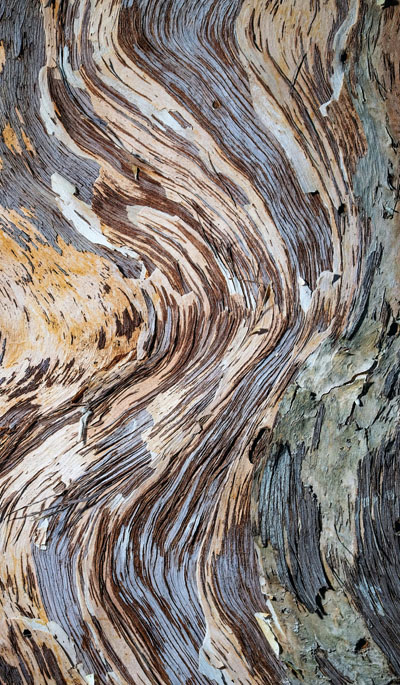
Presenter:
Deby Atterby
Cost
$40 USD
Webinar Summary:
Join Deby Atterby on a journey “down under” as she delves into the fascinating world of two popular Australian essential oils. Deby will explore their history, highlighting how they were traditionally used by First Nations people and later adopted by Australia’s white settlers. She will also discuss the current sustainability status of these oils and their present-day significance.
The session will focus on Australian sandalwood (Santalum spicatum) and Australian paperbark (Melaleuca quinquenervia) trees, offering insights into their cultural, historical, and ecological importance.
Not a member yet?
If you haven’t become a member of Airmid Institute, join today and receive indefinite access to this webinar, and many more!
November 26, 2024
Natural Perfume and Sustainability: Is Natural the Solution?
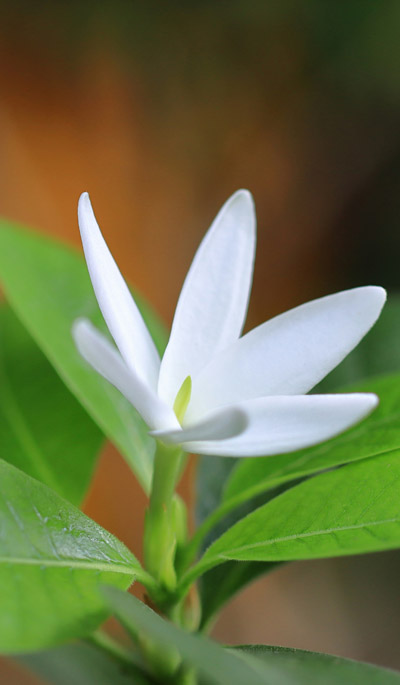
Presenter:
Amandine Devillard
Guest Panelists:
Frauke Galia
Mauricio Garcia
Sharon Falsetto Chapman
Justine Crane
Cost:
Free! Watch online now…
Webinar Summary:
This webinar will focus on natural perfumery which is booming. People want to transform their habits and commit to more sustainability. This concerns all aspects of life: transportation, home, food, beauty through greener cosmetics and also more natural perfumes. But is perfuming oneself with natural materials, particularly from plants and their extractions, really a greener gesture?
Not a member yet?
If you haven’t become a member of Airmid Institute, join today and receive indefinite access to many more webinars like this one!
September 18, 2024
Palo Santo, the sacred wood of Ecuador: challenges and key role of indigenous traditions and conservation efforts.
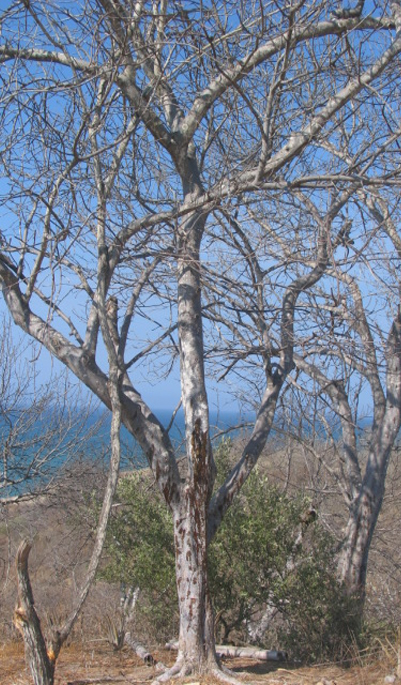
Presenter:
Rafael Parducci V.
Cost:
Free! Watch online now…
Webinar Summary:
Palo santo (Bursera graveolens) is native to the dry tropical forests of Latin America, particularly in Ecuador and Peru, where it holds significant cultural, spiritual, and medicinal importance among Indigenous communities. The tree is known for its aromatic wood, used in traditional rituals for purification and healing.
Its biology is characterized by a deciduous nature, deep root systems, and the production of aromatic compounds that enhance the quality of its wood and oil. However, although palo santo is assessed as Least Concern on the IUCN Red List, it faces threats from habitat loss and overharvesting, prompting conservation efforts that include sustainable harvesting practices, reforestation, and international regulations to ensure its preservation and ethical trade.
These efforts are informed by the work of Ecuadorians Rafael Paducci and Ivonne Mosler, who have pioneered sustainable practices and collaborated closely with Indigenous communities to protect and utilize palo santo responsibly.
Note:
CAOA members can claim your CE certificate from the CAOA by visiting this form
Not a member yet?
If you haven’t become a member of Airmid Institute, join today and receive indefinite access to many more webinars like this one!
May 23, 2024
A Class on Working and Living Sustainably With White Sage

Presenter:
Antonio Sanchez
Cost
$40 USD
Webinar Summary:
Antonio will teach you how to grow White Sage (Salvia apiana) from seed, including special treatments for increasing germination rates. He will also give you tips for growing White Sage from cuttings, and teach you how to keep White Sage happy in a container (pot) or in your garden. You will explore how White Sage is overharvested in California, and how folks inside and outside California can help reduce overharvesting by growing the plant themselves.
Not a member yet?
If you haven’t become a member of Airmid Institute, join today and receive indefinite access to this webinar, and many more!
February 21, 2024
Regenerative Agriculture With a Focus on Medicinal and Aromatic Plants

Presenter:
Iris Mota BSc, MSc
Cost
$40 USD
Webinar Summary:
Regenerative agriculture (RegenAg) encompasses principles that prioritize soil health, biodiversity, and ecosystem restoration in farming practices. Additionally, in RegenAg these practices must take into account economic viability and community benefits. Applying these principles to cultivating medicinal and aromatic plants (MAPs) has generated significant interest, driven not only by rising demand but also by the potential for integrated production systems. Regenerative methods nurture healthier soil microbiomes, enhancing nutrient availability and plant resilience. This approach not only promotes a more sustainable agriculture but also has the potential to enhance the production of secondary metabolites and oils in MAPs due to plant interactions with a thriving soil microbiome. By emphasizing ecological balance and soil vitality, regenerative agriculture presents a promising avenue for cultivating these valuable plants while supporting environmental well-being.
Not a member yet?
If you haven’t become a member of Airmid Institute, join today and receive indefinite access to this webinar, and many more!
November 21, 2023
Seaweed: Healing and Nourishment from the Ocean

Presenter:
Amanda Swinimer, BSc Marine Biology
Cost
$40 USD
About the Event:
Seaweed, also known as macroalgae, is a diverse group of medicinal and aromatic marine plants found in oceans and other bodies of water around the globe. Seaweed has a long history of multifaceted applications, including its use in perfumery, and exhibits significant size, color, and shape variations.
In the world of fragrances, compounds derived from seaweeds such as kelp, nori, bladderwrack, and sargassum are used to create aquatic and fresh scents. These extracts enhance the overall olfactory experience by evoking the essence of the ocean.
However, despite its numerous benefits and potential applications, seaweed faces several obstacles. These obstacles include environmental stressors, such as pollution, ocean warming, and ocean acidification, as well as issues related to overexploitation, such as unsustainable extraction methods.
Webinar Summary:
Seaweeds belong to a group of organisms called algae, which are critical to the health of our planet. Providing the foundational nourishment for the entire ocean ecosystem, they also produce half or more of our atmosphere’s oxygen and absorb an estimated one-third of carbon dioxide. Having evolved over 1.5 billion years to thrive in extreme environments, seaweeds contain a medley of novel, biologically active compounds that both current studies and traditional use suggest providing tremendous health benefits. Learn how seaweed helps to heal both the planet and people, and the current challenges facing the health of seaweed ecosystems.
Not a member yet?
If you haven’t become a member of Airmid Institute, join today and receive indefinite access to this webinar, and many more!
August 15, 2023
Fair and Sustainable Wild Collection of Nardostachys jatamansi
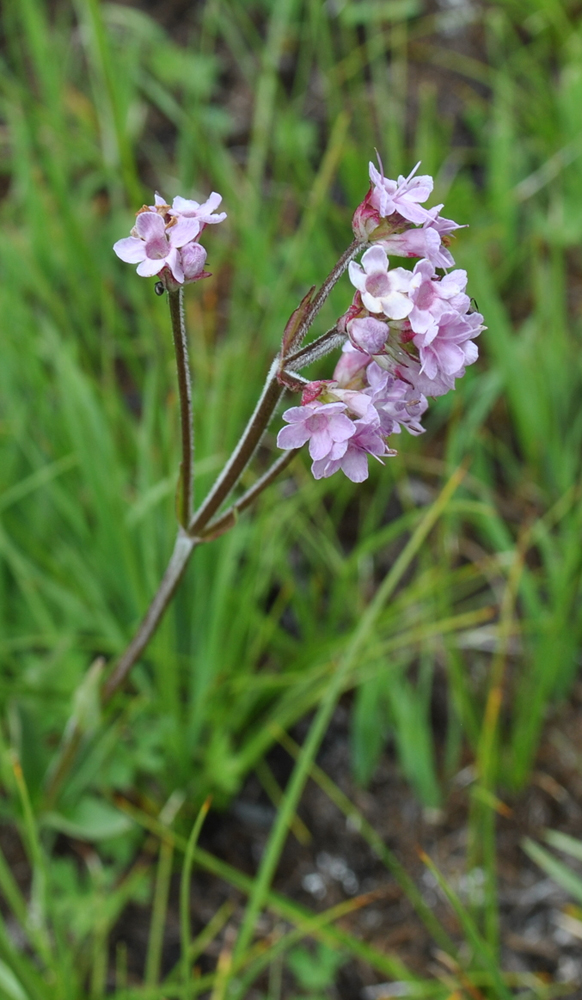
Presenter:
Deborah Vorhies
Cost
$40 USD
About the Event:
There are 300,000 to 400,000 plant species around the world, and out of these, approximately 30,000 have well-documented medicinal or aromatic uses. It’s noteworthy that 60% to 90% of the medicinal and aromatic plants in trade are collected from the wild, as reported by Wildcheck in 2022.
By adhering to the FairWild Standard, wild harvesting has the potential to foster positive relationships between nature and people. This approach helps preserve unique cultures and promotes the sustainable use of distinctive landscapes, while also ensuring dignity and fair income for the communities depending on these resources. In this workshop, we will explore FairWild’s initiatives with Jatamansi in Nepal, and how we successfully established 2000 hectares of Himalayan highland habitat for sustainable harvesting through the region’s first FairWild certified operation. Additionally, we will discuss our collaborative efforts with CITES and the local government in accomplishing these results.
Not a member yet?
If you haven’t become a member of Airmid Institute, join today and receive indefinite access to this webinar, and many more!
May 18, 2023
Promoting Indigenous Medicine in Southeast Alaska Through Responsible Ecosystem Management and Protection of S’áxt’ (Oplopanax horridus)
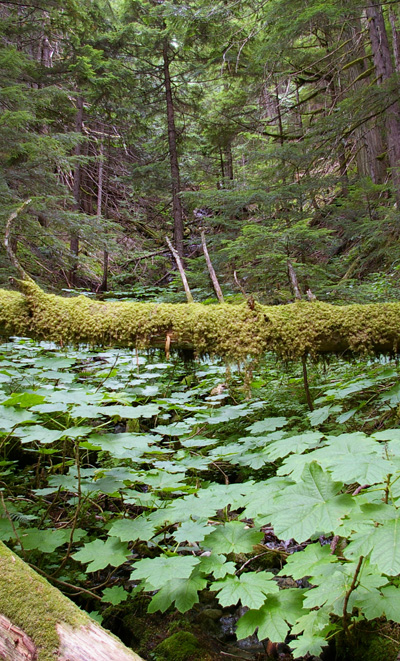
Presenter:
Mark (Atyátx’i Latíni) Dundore
Cost
$40 USD
About the Event:
Mark (Atyátx’i Latíni) Dundore is a Tlingit Eagle/Thunderbird of the House Lowered from the Sun of Klukwan, Alaska and lives in Juneau, Alaska. He is a citizen scientist and pioneer of the essential oil of s’áxt’ (devil’s club) from branch bark. Inventions include a peeling machine and a processing system. He has published articles on potential therapeutic benefits of the essential oil from branch bark and also about sustainable harvesting of the plant. Currently pursuing diplomas in essential oil science and Aromadermatology. Dundore performs ongoing field studies in the Tongass rainforest to better understand the role of s’áxt’ in the ecosystem and to ensure and improve essential oil product quality.
Not a member yet?
If you haven’t become a member of Airmid Institute, join today and receive indefinite access to this webinar, and many more!
February 17, 2023
What Is the Role of the Hydrolat in Sustainability?
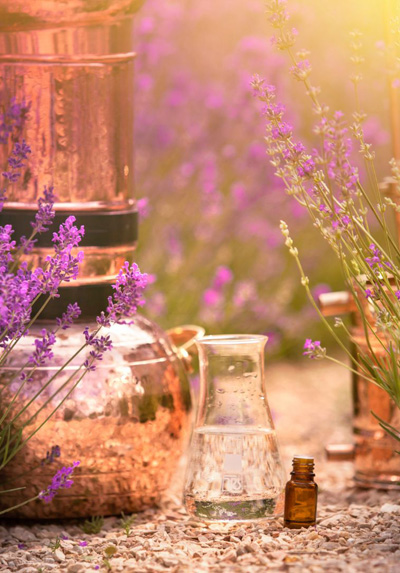
Presenters:
Kurt Arruda and Silvia Jiménez
Cost
$40 USD
About the Event:
We as a society know, and fortunately this awareness is growing, that essential oil production could be a real threat for biodiversity if not done in a correct and conscious way. We know as well that many factors come into play when we talk about sustainability in this ambit, such as for example, what kind of farming practices and wild-harvesting methods are applied, how the still works, and what uses we give to the vegetable distillates.
But there is another major factor in this process that has always been just in front of our noses and that seems to have gone unnoticed. Something that is not exactly negligible in any way: the hydrolat (also known as ‘hydrosol’) – a real botanical treasure with a huge potential and effectiveness among several fields.
Actually, it is the main character of this tale, given that it’s directly connected to the sustainability of a distillery. And moreover this goes much further, we aren’t talking only from an ecological vision, but also from a social and economical perspective.
In short, hydrolats are key factors of next-generation distilleries for a more conscious and organic future.
Not a member yet?
If you haven’t become a member of Airmid Institute, join today and receive indefinite access to this webinar, and many more!
December 8, 2022
Co-creating vibrant and potent oils from plants growing around us
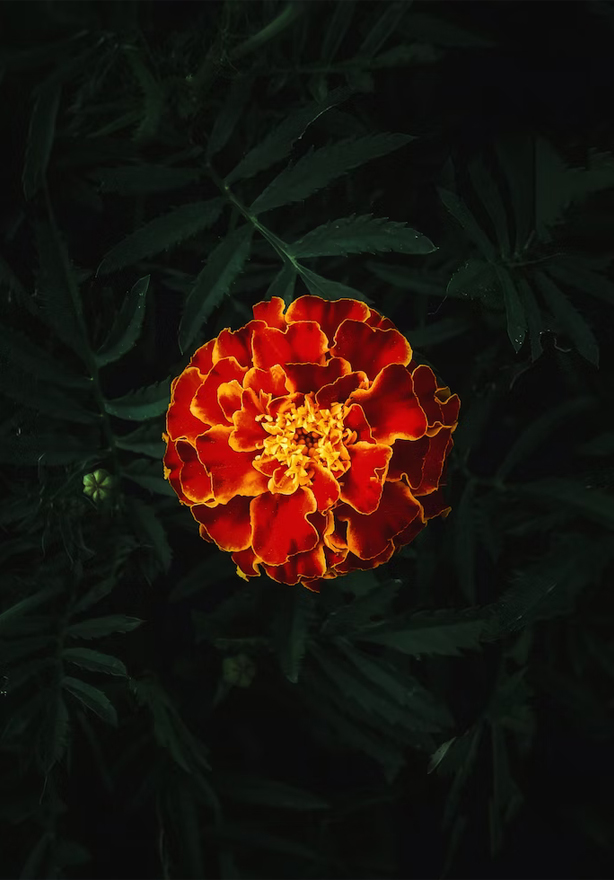
Presenter:
Felicity Warner
Cost
$40 USD
About the Event:
Sustainability, commercial harvesting of essential oils and its effects on Indigenous communities and reducing our carbon footprints are hot topics in aromatherapy.
But imagine nurturing one or two plants, perhaps Holy Basil, Marigold, even Rose, developing a tender and honouring relationship with them and harvesting enough plant material from them to cover your needs. No waste, no air miles and an oil with vitality and organic provenance.
Not a member yet?
If you haven’t become a member of Airmid Institute, join today and receive indefinite access to this webinar, and many more!
Wednesday, July 6th at 10:00 am PT
Natural Perfume and Wellbeing
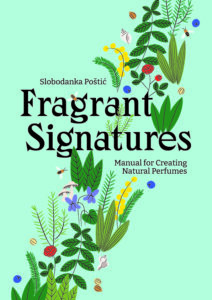
Presenter: Slobodanka Postic
Cost: $40 USD
It is well understood that when one can connect and value Nature, including natural scents used in perfumery, one is more likely to protect it, and that overall well-being is important to preserve as impacts of climate change do impact global health. In this webinar, Slobodanka Postic, author of Fragrant Signatures: manual for creating natural perfumes (2022), will teach you what the term natural perfume actually means, she will provide a brief insight into our smell experience, present arguments as to why it would be good to learn how to create natural perfumes, and explore results of her ongoing survey which reflects what students who completed Fragrant Signatures education learned about the impact of creating and wearing self-created perfumes.
If you haven’t become a member of Airmid Institute, join today and receive indefinite access to this webinar, and many more!
Tuesday, April 24th at 6:00 pm PST
Pure Australian Sandalwood oil: cultural, environmental and societal considerations
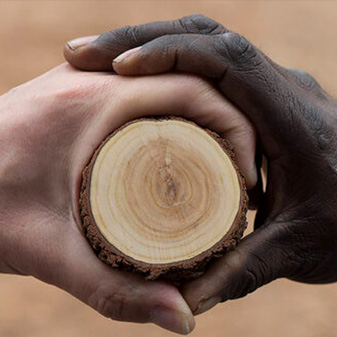
Presenter: Guy Vincent
Cost: $40 USD
The production of Santalum spicatum oil into a highly valued perfumery, cosmetics and aromatherapy ingredient is nuanced and complex. Guy Vincent, CEO of Dutjahn Sandalwood Oil will talk about plantation and wild harvested wood supplies, discussing cultural, environmental, societal and quality aspects of a fascinating species that spans an area of around 1.4 million square kilometres (540 000 square miles) more than the combined land masses of France, Italy, Portugal, Great Britain, California and Ecuador.
If you haven’t become a member of Airmid Institute, join today and receive indefinite access to this webinar, and many more!
Date: Coming in 2022
A sustainable future for the Ethiopian civet and its aromatic paste
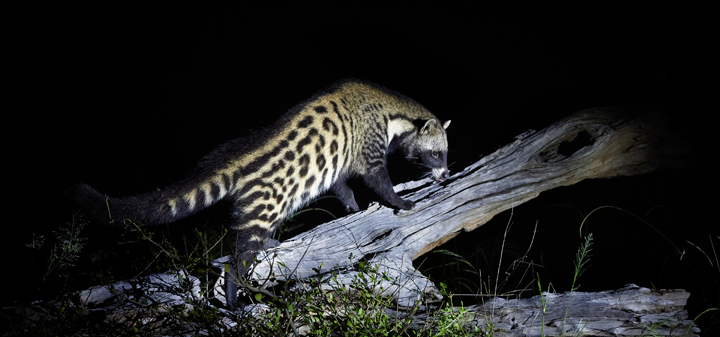
Presenter: Dan Riegler
Cost: $40 USD
The Ethiopian civet provides a rare and valuable perfume ingredient. The aromatic paste has been collected from captive civets for hundreds of years by Muslim farmers and its collection is considered an act of piety and devotion. However, many of the traditional methods are outdated and seen in the West as barbaric. This led to a western boycott on Civet products and the collapse of the market for Civet paste and left impoverished farmers in a struggling economy with few resources and little incentive to develop a new and more modern industry. For this reason, little has changed over the past 60 years for the animals and the remaining, reduced number, of captive Civets, experience little improvement in their conditions. Though much could be done to modernize methods and habitat, resources to implement change have been insufficient and this will not change until there is a market demand for a more animal-centric and modern product. It is a catch 22. Dan has met with Civet farmers and exporters in Ethiopia gaining their support for a new model Civet farm. But without an increased interest in the end product and the development of a healthy Western market demand nothing much will change. We need to engage the problems head-on with our full attention, commitment and resources if we hope to see it change.
If you haven’t become a member of Airmid Institute, join today and receive indefinite access to this webinar, and many more!
Thursday, February 24th at 6:00 pm PST
Regenerative Agricultural Practices of Elemi in the Philippines
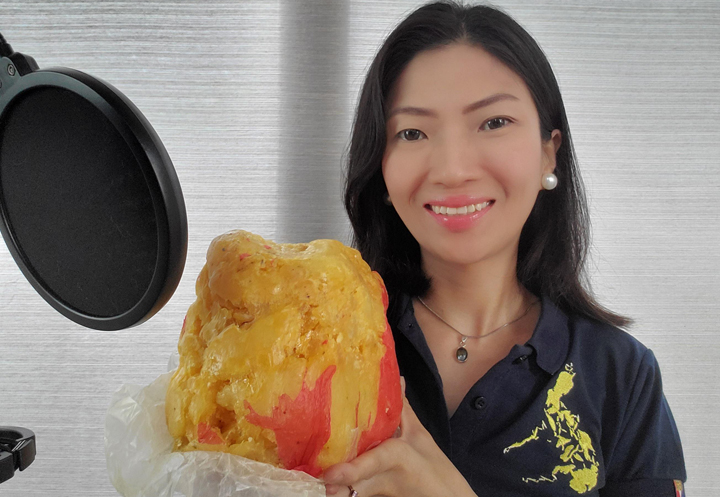
Presenter: Jirbie Go, CA
Cost: $40 USD
As of Aug 2019, Elemi (Canarium luzonicum) was classified as Near Threatened on the IUCN Red List. In this webinar, Jirbie will introduce you to the different kinds of Elemi available in the Philippines and their properties, the different uses of Elemi resin, and the country’s current sustainable farming programs to preserve the Pili Tree. She will also introduce you to C. ovatum, a more sustainable alternative to C. luzonicum, and the regenerative agricultural practices in producing the Elemi oil.
If you haven’t become a member of Airmid Institute, join today and receive indefinite access to this webinar, and many more!
Tuesday, December 7th at 10:00 am PST
Energetic Herbalism: A Tool for Stewardship
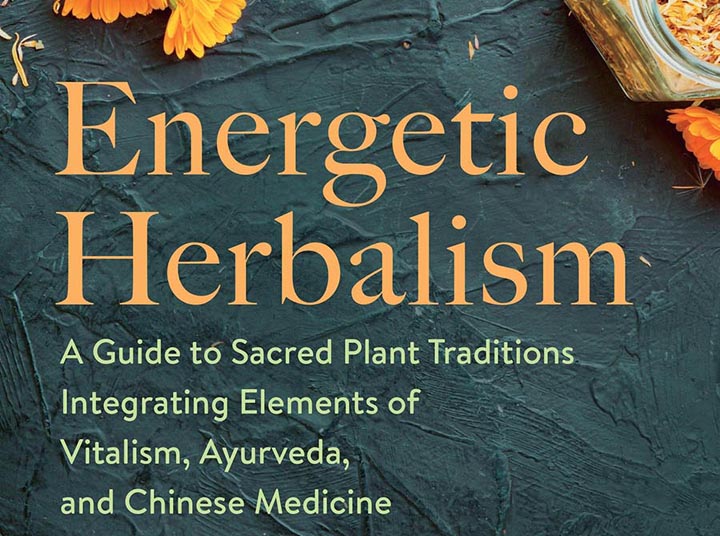
Presenter: Kat Maier, RH (AHG), PA
Cost: $40 USD
From her recently released book Energetic Herbalism, Kat states “The word energetic may conjure images of New Age crystals, and the term is sometimes misapplied to any and all new healing modalities. In truth, though, energetic herbalism is as old as the Earth herself. This mode of healing is based on the truth that the vital force of nature and the vital force of an individual human are one and the same. Indigenous cultures the world over call this force spirit in their native language. Ancient Greeks called this force vitality, the Chinese call it Qi (chi), the Iroquois nation calls it Orenda, Ayurveda calls it prana, West Africans call it Ashe”.
When we work with the elements of nature we understand that we are nature and to read our patterns and those of the plants become the most elegant and sustainable form of practice. In this hour we will give an introduction to the various systems of energetic herbalism and look at the concept of medicine of place.”Plants are the ultimate alchemists, and the land a plant calls home is part of its medicine story. This is where apothecary practices begin. When we harvest and work with a medicine, we are gathering so much more than simply the leaf, flower, or root”. This then will lead us to discuss where we as practitioners are on the front line of preserving not only our medicines but the habitats/homes in which they dwell.
To pre-order Energetic Herbalism through November 26, 2021, please visit KatMaierHerbalism.com (highly recommended!)
If you haven’t become a member of Airmid Institute, join today and receive indefinite access to this webinar, and many more!
Sunday, October 17th, 2021 at 10 am PDT
Say It with Flowers!
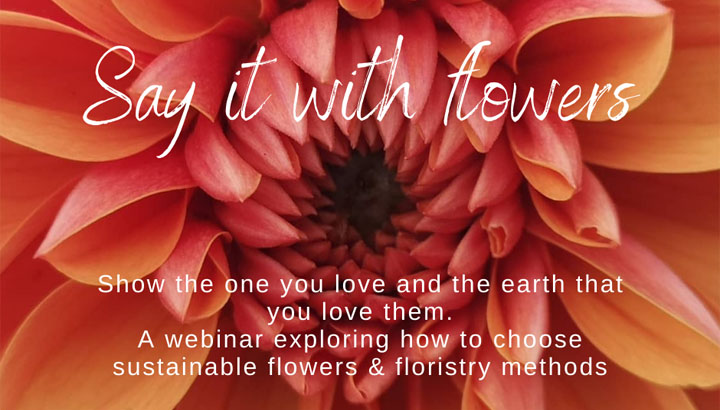
Presenter: Anita James
Cost: $40 USD
We show our love with flowers. They are gifts to celebrate birthdays, anniversaries, and achievements.
But how sustainable are the flowers you are giving as a gift? Are you showing your love for the planet in your choice?
In this webinar we will explore the plants used for producing cut flowers, growing methods, transportation, and packaging. We will also look at how to make more sustainable choices when gifting flowers.
If you haven’t become a member of Airmid Institute, join today and receive indefinite access to this webinar, and many more!
Wednesday, August 18th 10:30 -11:30 am PDT
Buying oils and herbs as if the future matters: threats on the horizon for aromatic plants
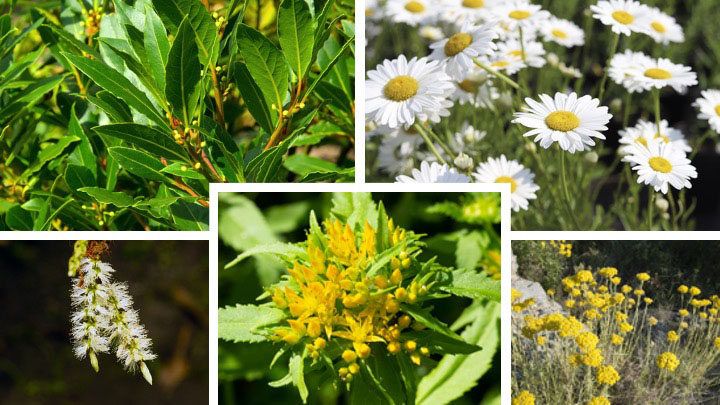
Presenter: Dr. Kelly Ablard
Cost: $40 USD
The webinar will explore the revised Airmid Institute Biannual List of Threatened, Near Threatened, and CITES-Protected Plants, Mammals, Fungi, and Seaweed Species Used in Aromatherapy, Perfumery, and Aromatic Herbalism released on July 1, 2021, highlight key plant species of Least Concern (IUCN), and review vital considerations for ethical sourcing. Attendees will also receive a list of those key plant species of Least Concern.
If you haven’t become a member of Airmid Institute, join today and receive indefinite access to this webinar, and many more!
Monday, July 19, 10:00 am – 11:30 am PDT
Discovering our native, wild and medicinal plants: why our living ecology is so paramount at this time
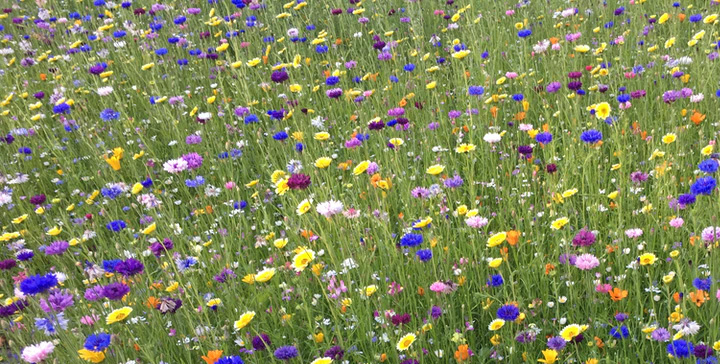
Presenter: Lori Snyder, Indigenous Herbalist and Educator
Cost: $40 USD
Discover our wild, native and medicinal plants that are growing outside our door. The wild weeds, the ones our ancestors ate who offer lessons on how to be a good guest. Who are our native plants and why they are so important for our local ecology and the gifts and teachings they bring. And who are the medicines we can grow in our gardens to make teas, salves, tinctures, incense and who help us build good relationships with our living world. Practices of reciprocity where we take care of each other, honourable harvest, respect for our Mother, remembering our responsibility, and giving thanks with reverence.
If you haven’t become a member of Airmid Institute, join today and receive indefinite access to this webinar, and many more!
Saturday, April 24th, 2021
The Struggles of Indie Perfumers

Presenters: Heather D’Angelo, Mauricio Garcia, Molly Brennan, and Sydney Buffman
Cost: $40 USD
This webinar will explore the struggles of being indie perfumers trying to run their businesses as sustainably as possible, and will highlight unique solutions to overcome common challenges.
The Coalition of Sustainable Perfumery is a network of environmentally and socially conscious creators who through resource sharing, inter-industry relationship building, informed discussion, and collaborative accountability seek to create and distribute scent products that are as sustainable for people and the planet as possible.
If you haven’t become a member of Airmid Institute, join today and receive indefinite access to this webinar, and many more!
Wednesday, February 24th, 2021
Sustaining Frankincense in the 21st Century
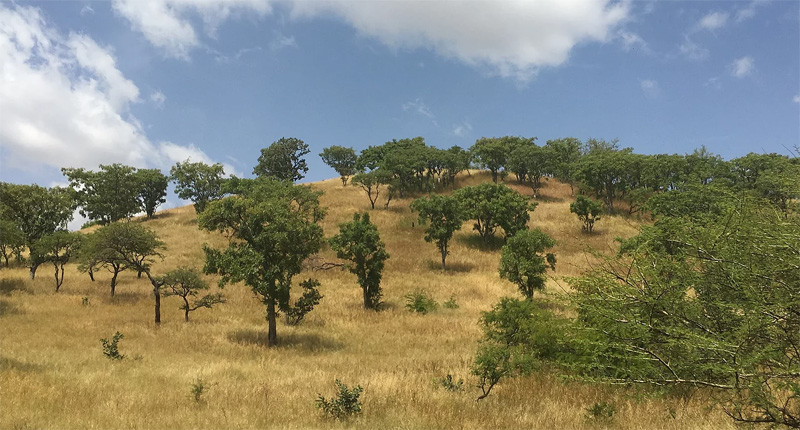
Presenter: Stephen Johnson
Cost: $40 USD
The webinar will focus on the conservation statuses, sustainability practices and challenges commonly traded frankincense (Boswellia spp.) species and community harvesters face. We will also touch on some tips for ethical sourcing of high quality frankincense essential oil.
Stephen Johnson has been working on the sustainability of wild-harvested products since 2016. He has conducted field research and analyses in West Africa (Burkina Faso, Ghana), East Africa (Ethiopia, Somaliland, Puntland), and the Arabian Peninsula (Oman), and has published almost a dozen peer-reviewed papers, book chapters, and reports on non-timber forest products, especially frankincense. As the founder of FairSource Botanicals, Stephen focuses on building socially, ecologically, and economically regenerative supply chains, as well as celebrating and promoting the brilliant rainbow of diversity in the scent, chemistry, and ecology of different frankincense and myrrh species. He also runs FrankincenseHoney.com, which uses honey production to provide additional value for the trees and to support propagation and regeneration of frankincense species.
Website: www.fairsourcebotanicals.com
If you haven’t become a member of Airmid Institute, join today and receive indefinite access to this webinar, and many more!


